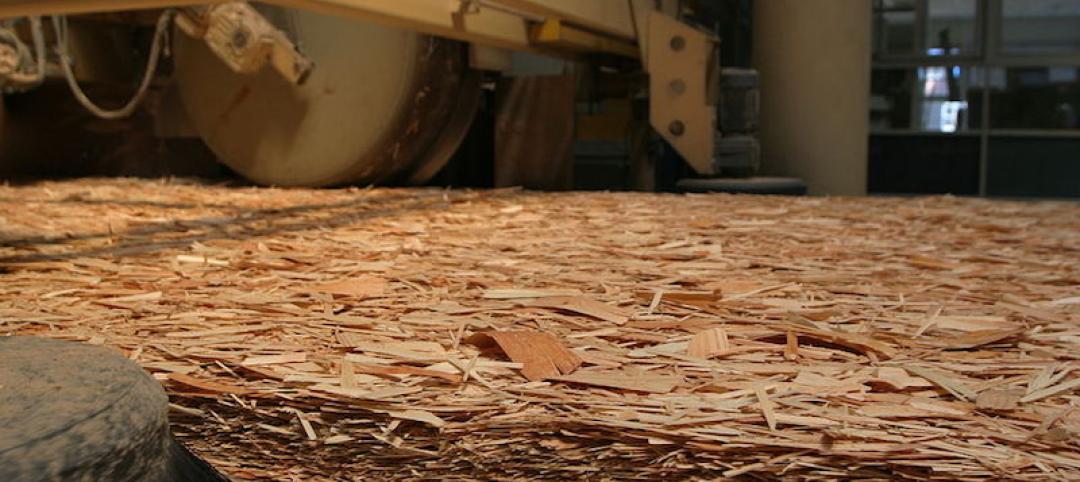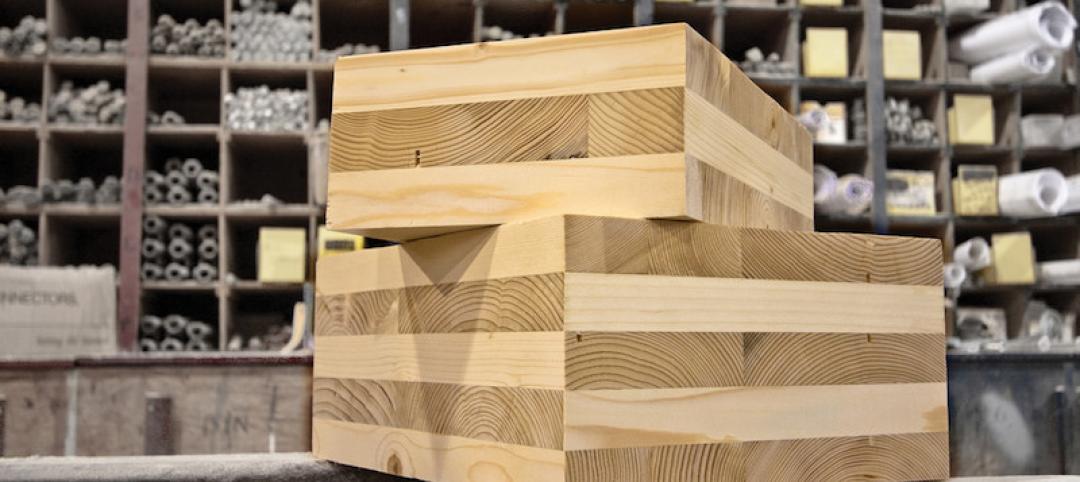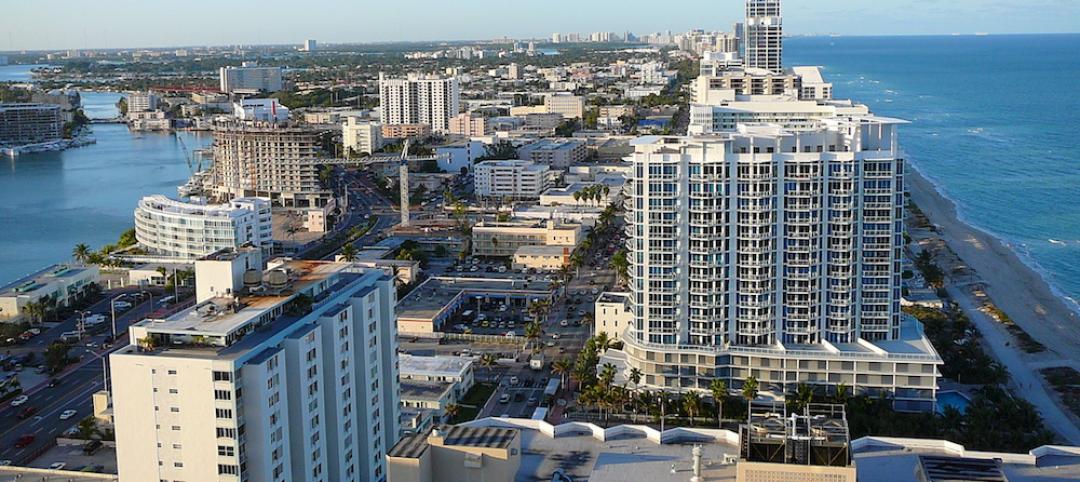New York City recently made over 600 major updates and thousands of smaller changes to its construction codes—the first such wholesale revamping since 2014.
The changes are “intended to improve safety for New Yorkers, and incorporate the latest in building technologies,” according to a statement from the city. “The new codes use the highest international standards for the design, construction, and maintenance of buildings as a baseline, while continuing our city’s proud tradition of implementing additional enhancements to ensure we have among the strongest building regulations anywhere in the world.”
Revisions include:
· Increased material choices available to builders by expanding the use of sustainable building materials such as cross-laminated timber and structural composite lumber.
· Expansion of the applicability of flood zone requirements of the 100-year flood hazard area to all critical facilities (including fire, rescue, ambulance, police stations, and designated emergency shelters) located in the 500-year flood zone.
· Policies to support the use of alternative energy production processes including hydrogen fuel cells.
· Clear compliance criteria for elevator systems to ensure greater accessibility and usability for building occupants with physical and intellectual/developmental disabilities.
· Reduction of the required 8-foot basement clearance height for two-family homes to 7 feet to increase affordable housing opportunities.
· Permission to use netting, low barriers, and chain link fencing in lieu of solid fencing that creates blind tunnels for pedestrians.
· Creation of a new license type for advanced crane technology, such as articulating boom cranes and roto-telehandlers.
The updated code requirements will go into effect next year, with some regulations taking effect on Jan. 1, 2022.
Related Stories
Legislation | Aug 10, 2016
Calif. bill would speed up environmental lawsuits on certain projects
A nine-month limit has been proposed for some $100 million-plus projects.
Resiliency | Aug 10, 2016
White House pushes for better finance strategies for disaster mitigation and resilience
The move highlights innovative insurance, mortgage, tax, and finance-based strategies.
Regulations | Aug 9, 2016
New trend eases parking requirements for U.S. cities
Transit-oriented development and affordable housing are spurring the movement.
Regulations | Aug 8, 2016
EPA toughens rules to reduce formaldehyde exposure from composite wood products
Products will now have to be labeled as compliant to the new rules.
Regulations | Aug 5, 2016
Stop-work orders in New York City up sharply this year
The orders come after a rise in the number of deadly accidents that have occurred in the past few years.
Sustainability | Aug 4, 2016
S.F. Bay Area voters approve first-of-its-kind tax to fight impact of climate change
The funds from the tax will be used to restore wetlands
Concrete | Aug 2, 2016
Concrete Association builds case against cross-laminated timber
The campaign asserts that not enough is known about CLT in construction
Seismic Design | Jul 28, 2016
Risk of man-made earthquakes now factor in seismic hazard analysis
Significant risk increases seen in some areas of the U.S.
Resiliency | Jul 27, 2016
New York’s resilience plans not taking long-term view, critics charge
Continued waterfront development may be regretted later this century.
Green Specifications | Jul 26, 2016
New Miami Beach law requires LEED certification on projects larger than 7,000 sf
LEED Silver the prescribed standard on buildings larger than 50,000 sf.















